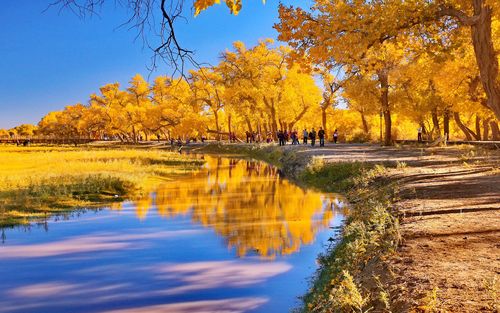The fascinating world of biocultural adaptation examples showcases how humans have adapted to their environment and cultural practices over time. Biocultural adaptation refers to the process of adapting to the environment through cultural practices or biological changes. This adaptation has helped humans to survive in different environments and develop various traditions and customs.
One prime example of biocultural adaptation is the indigenous people of the Arctic. The harsh environment of the Arctic requires special adaptations to survive. These people have developed unique biological and cultural adaptations, such as consuming a high-fat diet to cope with the extreme cold, the practice of ice fishing, and making use of animal fur for clothing and shelter.
Another example of biocultural adaptation can be seen in the Maasai tribe of East Africa. The Maasai have been able to thrive in a savannah habitat by utilizing their traditional way of life and practices. The tribe practices pastoralism, which includes keeping cattle, sheep, and goats to provide food and economic support. Additionally, their diet consists mainly of cow’s blood, milk and meat, providing them the necessary nutrients to cope with the harsh climatic conditions.
Similarly, the Aymara people, indigenous to the Andes Mountains, have demonstrated biocultural adaptation by developing several techniques to farm and live in the high-altitude region. To cope with the high altitude, the Aymara developed a unique respiratory system where they use less oxygen in their bodies. They also grow several varieties of hardy crops that are resistant to the harsh Andean climate, some of which have been grown for over 3,000 years.
In conclusion, human beings have demonstrated remarkable biocultural adaptation in different regions around the world. The indigenous people of the Arctic, Maasai tribe of East Africa, and the Aymara people of the Andes, among many other communities, provide a clear example of how humans can adapt to their specific environments. While this adaptation process was necessary for survival in the past, it still holds significance in contemporary society as preserving these cultural customs can help us learn and tackle the severe climate challenges we face today.
(Note: Do you have knowledge or insights to share? Unlock new opportunities and expand your reach by joining our authors team. Click Registration to join us and share your expertise with our readers.)
Speech tips:
Please note that any statements involving politics will not be approved.
